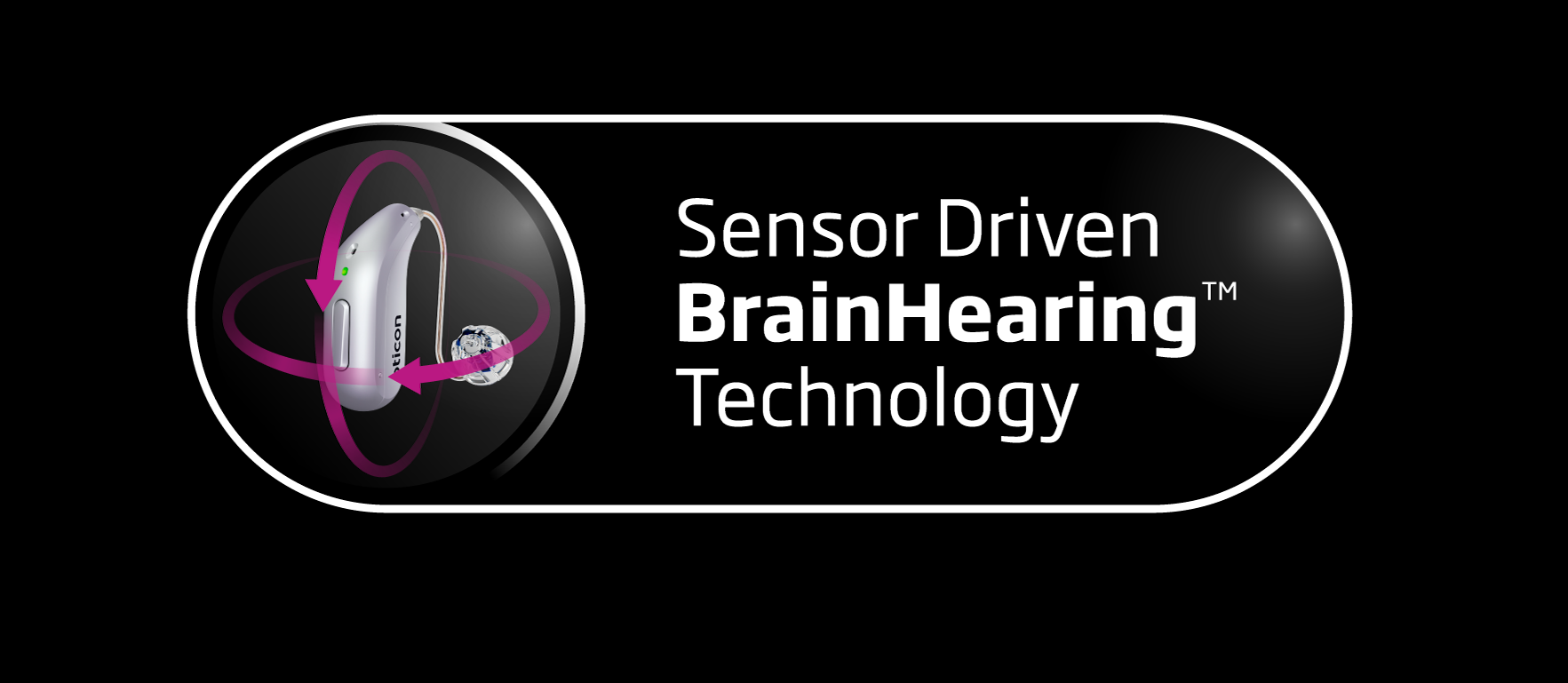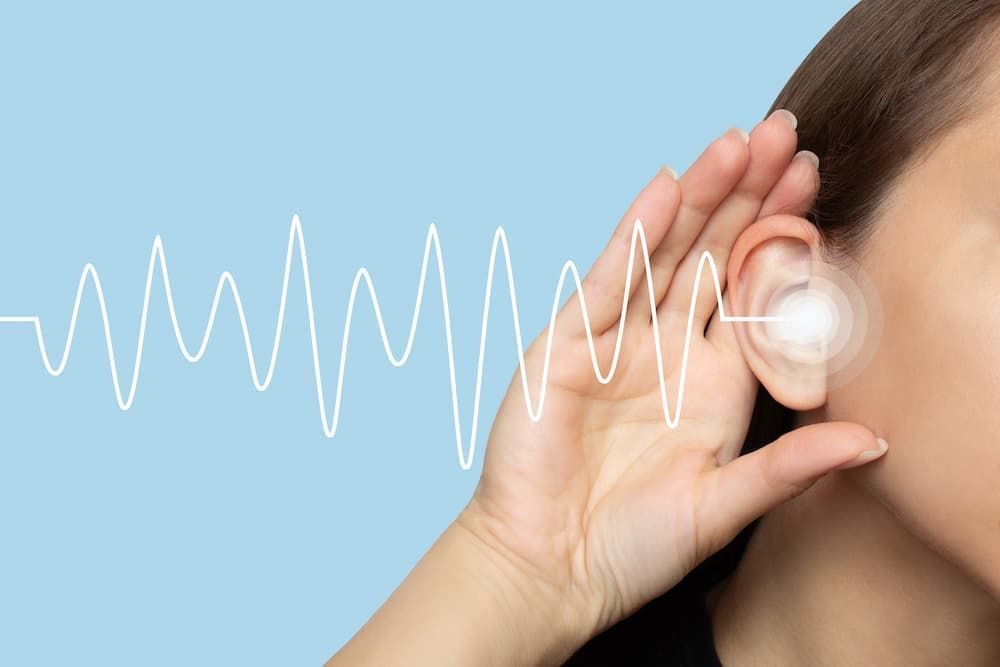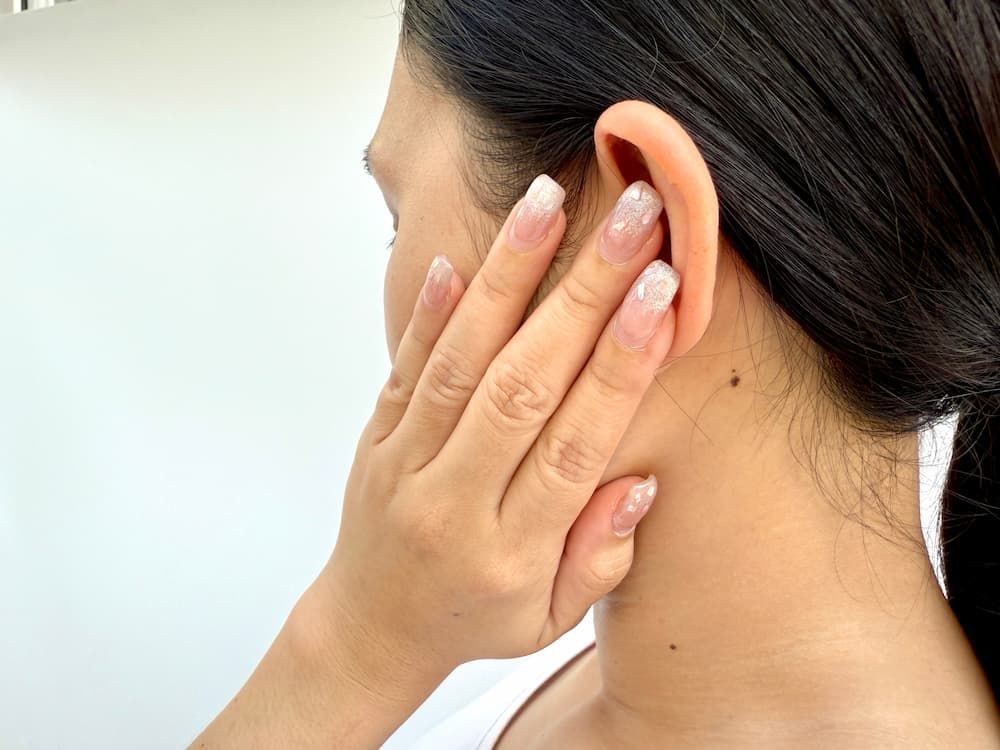COVID-19 and Tinnitus
November 15, 2021

COVID-19 and Tinnitus - Are They Related?
If you experience ringing or buzzing in one or both ears, you may have tinnitus. In my other article, I discuss the different causes and treatment for tinnitus. The purpose of this article is to investigate research that links COVID-19 to tinnitus.
Analyzing The Facts
In a systematic review of hearing-related symptoms post-coronavirus published by the International Journal of Audiology, nearly 15 percent of patients reported tinnitus, although the authors do mention this number may be overestimated. Although scientists are learning more about how the novel coronavirus affects the body, much remains to be discovered. According to Kevin Munro, Au.D.,
a professor of audiology at the UK's Manchester Center for Audiology and Deafness, coronavirus affects other organs and systems beyond the respiratory.
In December 2020, Munro conducted a study looking for audio-vestibular symptoms associated with the coronavirus. When this study was completed early during the pandemic, researchers were unable to find any symptoms related to severe acute respiratory syndrome (SARS) or Middle East respiratory syndrome (MERS). However, this time, Murs discovers that an estimated:
- 7.6% of people report hearing loss
- 14.8% report tinnitus
- 7.2% report vertigo
However, the study lacked control groups, leading to the possibility of error. Yet, a connection between tinnitus and COVID-19 is not implausible.
Other Factors
If COVID-19 does not directly cause tinnitus, it may cause it indirectly through lifestyle changes. During the pandemic, people experienced huge changes from their daily routines. Their social activity, sleep schedules, and diet may have dramatically worsened. These factors play a role in one’s auditory health as well as other physical fitness. To ensure your body remains strong and fit in all areas, be sure to get adequate sleep, exercise, nutrition, and hydration. Also, be sure to ease stress through social activity and daily sunshine.
Consider the Options
If you are noticing auditory problems after recovering from COVID-19, don’t hesitate to reach out to an experienced audiologist who can assess your hearing and provide advice. At
The Tinnitus and Hearing Center of Arizona
, we can help guide you to the help you need.
References
Almufarrij, Ibrahim and Kevin J. Munro. “One Year On: An Updated Systematic Review of SARS-CoV-2, COVID-19 and Audio-vestibular Symptoms.” International Journal of Audiology. Published March 22, 2021. https://www.tandfonline.com/doi/full/10.1080/ 14992027.2021.1896793?journalCode=iija20.
Madeleine Burry. “COVID-19 and Tinnitus: What’s the Connection?” Healthyhearing.com. Published June 7, 2021. https://www.healthyhearing.com/report/53206-Covid- tinnitus-and-coronavirus

Anxiety can cause many ailments, including tinnitus. Meanwhile, tinnitus can worsen anxiety. The two together can fuel a vicious cycle, but there are ways to tame down each and help alleviate the tinnitus and anxiety relationship. The Vicious Cycle: How Tinnitus Fuels Anxiety Those who have or have had tinnitus will likely agree that the constant noise is hard to get relief from. For many, it can worsen anxiety, and for some, it can directly cause it. Unfortunately, tinnitus and mental health issues often feed on each other. When general anxiety elevates to a fight-or-flight response, it creates an elevation in heart rate and shortness of breath, which heightens tinnitus. Alone or together, tinnitus and anxiety often make it hard to relax, to fall asleep, and to stay asleep. For some, the combination of tinnitus and anxiety also leads to social avoidance and isolation. That worsens the anxiety and contributes to depression. Concern may grow that the tinnitus will never go away and that it may be a sign of something more serious. This can lead to insecurity about the future and a feeling of hopelessness. The Amplifier: How Anxiety Worsens Tinnitus Stress hormones, including adrenaline, cortisol, and epinephrine, affect the nervous system and can affect the auditory system itself, leading to a reduction of blood circulation in the ears. The overstimulation of the nervous system can also cause cell damage through a lack of oxygen, worsening tinnitus, and contributing to a loss of hearing. For those who experience panic attacks, both a temporary ringing and long-term tinnitus, along with a pulsating in the ear canals, may begin as a panic attack heightens. The sound and pulsations can contribute to anxiety and cause a fear of potential threats. As such, the tinnitus amplifies and becomes louder, more noticeable, and more irritating.

We’re still surprised how many people have outdated ideas about what hearing aids are like. It’s common for patients to come in expecting large, uncomfortable devices that distort sounds or make everything seem tinny or artificial. In fact, one of the first things many of our patients say is, “I can’t believe how natural everything sounds!” Or they might remark on how comfortable they are to wear. We love pleasantly surprising people!

Hearing aids can improve your quality of life tremendously, but that's if they've been properly fitted -- and if you've received a model that works well with your specific type of hearing loss and your lifestyle. When you choose your hearing aids, you'll encounter a few companies that all offer good products. These four in particular are recommended by our audiologists. ReSound First up is ReSound, which has been helping people with hearing loss since 1943. About the manufacturer ReSound focuses on making sound more natural (the company calls this "organic hearing") while using the latest broadcast technology to bring you clearer sound and more efficient controls. The company also offers accessories that work with TVs to stream sound directly to the hearing aids. Benefits of ReSound ReSound's research and development focuses on making hearing aids as easy to control and as seamlessly integrated into your life as possible. Control the hearing aids via a smartphone app, and get ready to stream TV and radio right to your hearing aids when Auracast technology becomes available. Why We Recommend ReSound ReSound is adding Auracast to its Bluetooth-enabled Nexia hearing aids, which will enable you to receive TV and radio broadcasts directly to your hearing aids. The Nexia is suitable for mild to profound hearing loss. ReSound hearing aids also use Bluetooth Low Energy Audio, which preserves battery life and provides better sound. Oticon Next is Oticon, which has been around in one form or another since 1904. The company first used the Oticon name in 1946. About the manufacturer Oticon's roots lie in one Danish man's contract with an English hearing aid company to distribute hearing aids in Denmark. Over the decades, that contract grew into a full-fledged, family-owned hearing aid manufacturer with worldwide distribution. Benefits of Oticon Oticon's focus over the past several years has been on technology that allows for better connectivity along with sound technology that works to fill in gaps, rather than just amplify. Why We Recommend Oticon Oticon's hearing aid models have had internet and mobile phone connectivity for almost a decade. One of its latest models, the Intent, has AI-driven sensors that predict your hearing assistance needs in real time, adjusting to the situation you're in instead of giving you fixed amplification levels that may not work in every situation. The Intent is suitable for mild to severe hearing loss and also works with Auracast and Bluetooth LE technology. Phonak The third company on the list is Phonak, which has been around since 1947. About the manufacturer Phonak is a Swiss company that has consistently worked to improve its hearing aids in ways you never knew you needed, such as having the first water-resistant hearing aid housing for aids for severe hearing losses. Phonak is owned by Sonova, which also makes the Sennheiser brand of audio and recording accessories. Benefits of Phonak Phonak offers a very broad range of hearing aids and also produces the Roger wireless microphone. This helps hearing aid users overcome ambient noise -- no matter what their level of hearing loss -- so that speech is clearer even in very noisy situations. Why We Recommend Phonak Phonak's Naida Lumity is not only Bluetooth-enabled, but it also uses Phonak's SmartSpeech technology to zero in on speech as ambient noise levels change. Sensors locate the dominant speech in a room and direct microphones toward the sound, and the technology enhances speech cues to provide more information about what's being said. Starkey Last, but not least, is Starkey, an established U.S. company that's been in business since 1967. About the manufacturer Starkey started off as a hearing aid repair company in Minnesota. Over the years, the company has launched innovative programs for hearing education, battery recycling, and hearing aid testing. Benefits of Starkey The company has long been a leader in customer service, starting with fixed charges for repairs and adding trial periods and warranties, which were not typical at the time Starkey started offering them. The company was the first to design in-the-canal aids with its Tympanette model. It's also designed with advanced digital and programmable lines of hearing aids. Why We Recommend Starkey Starkey recently released the Edge AI hearing aid series that offers speech enhancement, rechargeable batteries, and Bluetooth LE technology. The Edge AI series works with all levels of hearing loss. Find the Right Hearing Aid for You The sheer number of hearing aid companies, let alone the sheer number of hearing aids, can be intimidating for anyone. Dr. Allen Rohe and Amy Rohe at the Tinnitus & Hearing Center of Arizona in the Phoenix-Mesa metropolitan region can help you find hearing aids that work best for you. Contact us to arrange for a consultation to discuss testing and fitting for your needs. Image Souce: Janeberry /Shutterstock








